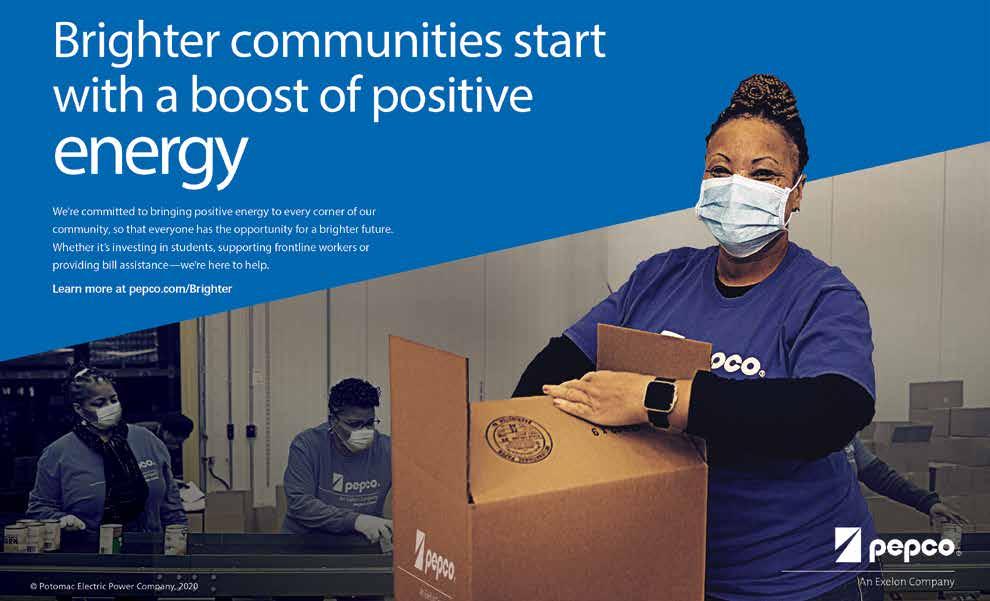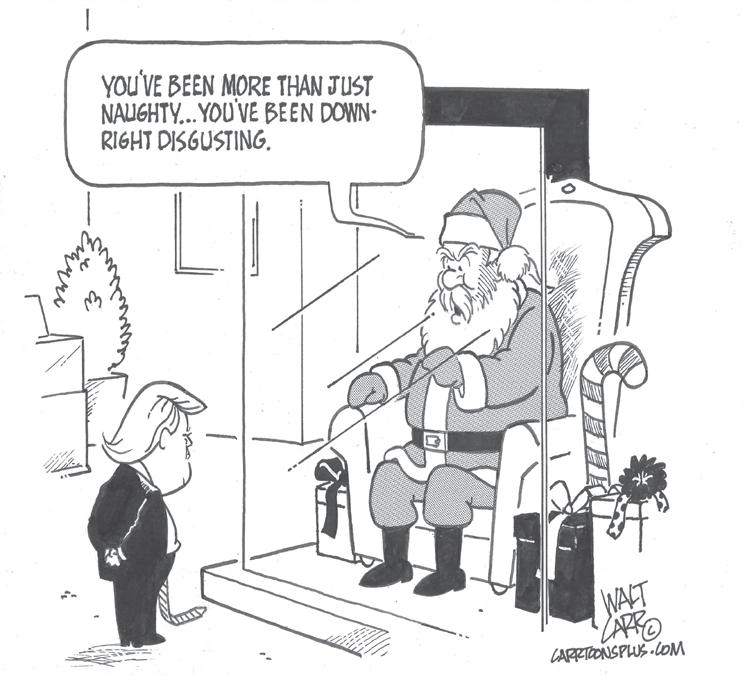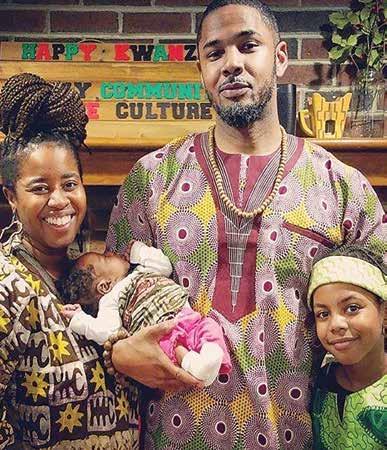
6 minute read
Business
Coalition of Major Companies Vows to Hire One Million African Americans in High-Paying Jobs
Stacy M. Brown WI Senior Writer
OneTen, a coalition of leading executives, has pledged to hire 1 million African Americans into family-sustaining jobs with advancement opportunities over the next decade.
The coalition joined forces to upskill, employ, and advance the hires as a method to chip away at the economic barriers plaguing African Americans.
The announcement comes as one million new unemployment filings were recorded last week, and a total of 10 million more Americans are now without work.
In an analysis of finances and the pandemic completed this week by Zillow found that Black women face disproportionate housing impacts due to unemployment, housing tenure and healthcare.
Black women were hardest hit by the pandemic, and the year-over-year change in unemployment claims for women in general was ten 3times higher than the count for men.
“This is a moment in time for Americans to move past our divisions to come together and reach our full potential as a nation,” Ken Frazier, the chairman and CEO of Merck and a OneTen founder stated.
“Our country’s workforce of the future will be an increasingly diverse one,” Frazier proclaimed.
“Through the creation of one million jobs for Black Americans over the next ten years, OneTen has the potential to address persistent inter-generational gaps in opportunity and wealth,” Frazier remarked further.
That announcement might provide a glimmer of hope for Candita Hinds, a single Black District mother who recently lost her job of helping people cope with mental health struggles.
The therapist told USC Annenberg Media that she now finds herself working through her own anxieties as she tries to manage caring for her 10-year-old son during these uncertain financial times.
“My mental health has been like being on a roller coaster and I’m still on it and I haven’t come off of it as of yet,” Hinds, 32, said. “I had to do what everyone else was doing, which is apply for unemployment due to loss of wages and also for food stamps.”
It is individuals like Hinds that OneTen is seeking to provide hope.
“In this moment when all Americans share an aspiration for greater economic opportunity, leading executives and employers across industries are taking action to make a meaningful, measurable and lasting systemic impact on racial and economic justice and to create a more equitable society,” Frazier noted.
In addition to Frazier, other OneTen founders include Ken Chenault, chairman and managing director of General Catalyst and former chairman and CEO of American Express; Charles Phillips, the managing partner of Recognize and chairman of the Black Economic Alliance; Ginni Rometty, executive chairman and former CEO of IBM; Kevin Sharer, a former chairman and CEO of Amgen and former faculty member at Harvard Business School.
Each of the founders serves on the Board of OneTen – Frazier and Rometty --serve as co-chairs.
OneTen connects employers with talent partners, leading non-profits, and other skill-credentialing organizations that sup-
5 Candi Hinds and her son, Samar (Courtesy photo/Johnny Dorcil, via USC Annenberg)

port diverse talent development.
“OneTen links our companies with the critical work we know we need to do to improve racial equity in America,” Rometty added.
“This will not only help our individual companies, but by removing structural barriers that have disproportionately hindered Black Americans from joining the middle-class, it will also help lift all Americans,” Rometty continued.
OneTen members include Accenture, ADP, Allstate, American Express, Amgen, Aon, AT&T, Bain & Company, Bank of America, Cargill, Caterpillar, Cisco, Cleveland Clinic, Comcast, Deloitte, Delta Air Lines, Eli Lilly, General Motors, HP Inc., Humana, IBM, Illinois Tool Works, Intermountain Healthcare, Johnson & Johnson, Lowe’s, Medtronic, Merck, Nike, Nordstrom, PepsiCo, Roper Technologies, Stryker, Target, Trane Technologies, Verizon, Walmart and Whirlpool Corporation.
The organization noted that it is looking forward to welcoming additional members, including small and medium-sized businesses, which power much of the U.S. economy.
In a statement, the founders pledged that OneTen would work with employers, education partners, and upskilling partners to design educational and employment solutions.
Together, these partners will better develop, retain, and advance diverse and underrepresented talent, more broadly, but with an explicit commitment to hire or promote Black Americans without four-year degrees, the founders added.
OneTen’s role in the talent ecosystem will be local, reflecting the workforce development landscape, and focus on reducing exclusionary hiring practices, identifying robust and new talent sources, and ensuring that adequate and equitable career pathways for advancement exist.
In January 2021, the organization will begin working with partner employers to improve workplace inclusivity practices and will connect talent providers to partner employers shortly after that, the founders continued.
“By bringing together a coalition of key leaders and asking them to make long-term commitments, we have the ability to change employment practices and help break down systemic barriers opening the door to full participation in our economy,” Rometty said.
WI
@StacyBrownMedia Facebook/StacyBrownMedia
BUSINESS
The District Ranks Among the Most ‘Giving’ Cities in America
Stacy M. Brown WI Senior Writer
With the "Season of Giving" in full swing, a growing consensus opines that generosity is needed more than ever, with COVID-19 destroying so many households’ economic security.
Food pantries reportedly have miles-long lines of cars around the nation, with many of the hungry needing help for the first time.
Homeless camps also are experiencing increases as many Americans struggle to pay for housing amid layoffs and furloughs.
A new report shows that Americans – particularly District residents – are stepping up. Philanthropy News Digest reported that “total donations made through June equaled 47.3 percent of total giving for all of 2019.”
Officials this week at LawnStarter, which has locations in the District, Baltimore, and Alexandria, Virginia, compared the 150 biggest U.S. cities across 12 key indicators of philanthropic behavior, from volunteering rates to the prevalence of food banks.
They found that the nation’s capital finished eighth most generous out of the 150 big cities it compared.
Minneapolis, Minn., St. Paul, Minn., Portland, Ore., Salt Lake City, Utah, Vancouver, Wash., Boston, Mass., Seattle, Wash., were the only cities to finish ahead of Washington, D.C.
Tacoma, Wash., and Baltimore rounded out the top 10.
The report also revealed that the District counted among the tops in having the most shelter beds per 100,000 residents, and among the largest share of residents who improved their neighborhoods.
Further, the city also counted among the tops in the category of residents who donate $25 or more to charity.
For those who cannot donate money, LawnStarter experts did offer suggestions on some of the ways to show generosity toward others.
“Time is often more valuable than money — volunteering, especially in the pandemic when many people have stopped their usual volunteering — is vital for many organizations,” said Alexandra Graddy-Reed, an assistant professor of Public Policy at the University of Southern California.
“Stocking food pantry shelves, giving blood, and offering your skills like sewing or writing are great examples. Sharing about organizations and their needs through social media is also a great way to help out at no cost,” Graddy-Reed concluded.
Dr. Susan A. MacManus, a Distinguished University Professor Emerita at the University of South Florida, added that residents could focus on acts of kindness.
“[Especially] to those who are lone-

(Courtesy photo/LawnStarter) ly, forgotten, and ignored — a phone call, a card, a handwritten note, or drawing, sing songs or play music, offer to read, take a walk, share a good story, make a cake, bring a pet, offer to go to the grocery for them,” Dr. MacManus stated.
“It’s the simple things that so many people take for granted that are missing in needy people’s lives. It is also important to feature givers of all ages and from diverse socioeconomic backgrounds. Feature recipients filled with joy and gratitude at unexpected help from both friends and strangers,” she offered.
WI
@StacyBrownMedia Facebook.com/StacyBrownMedia









